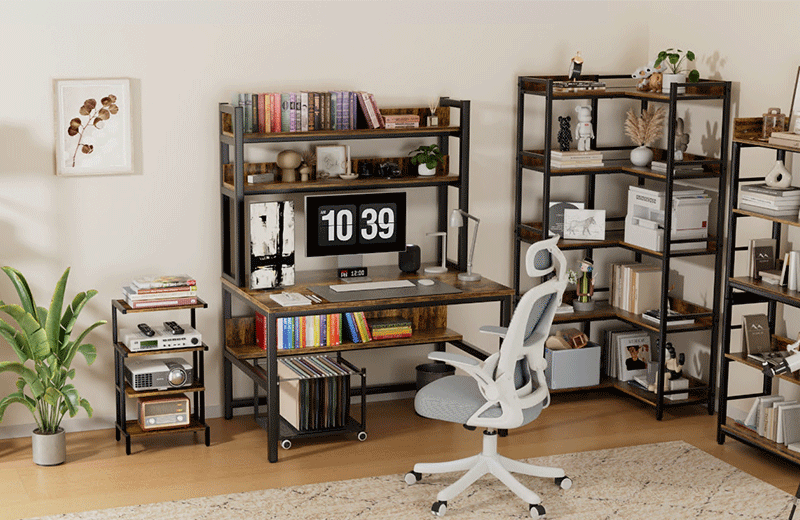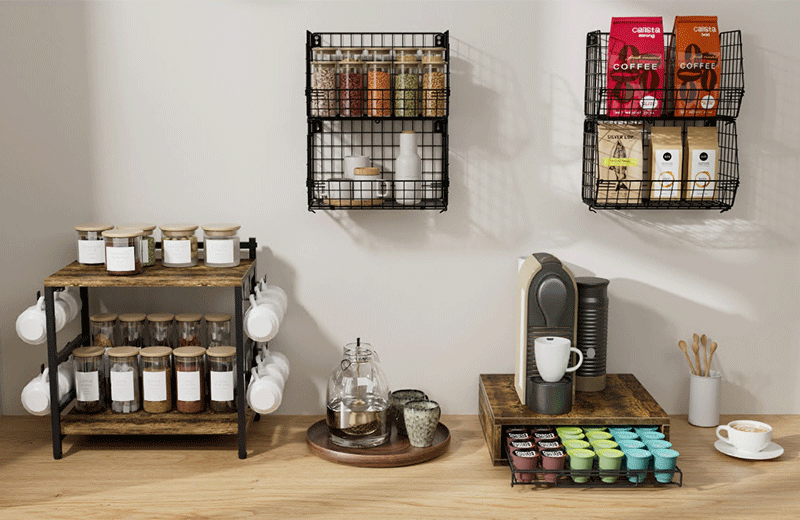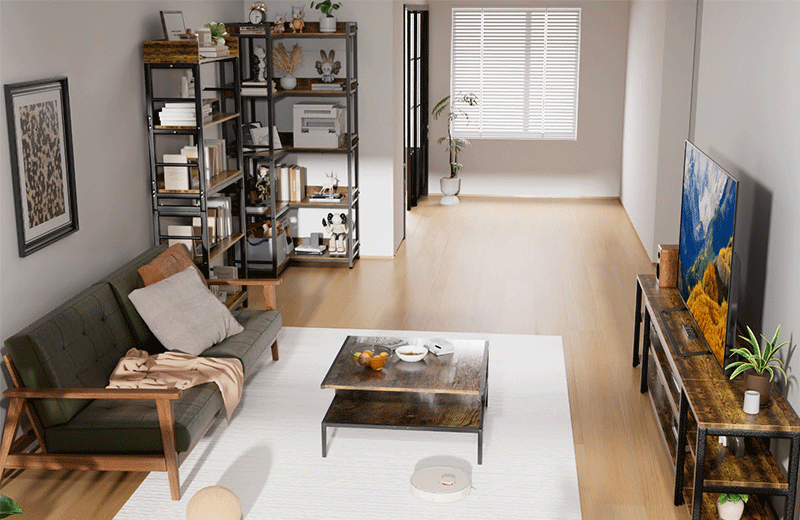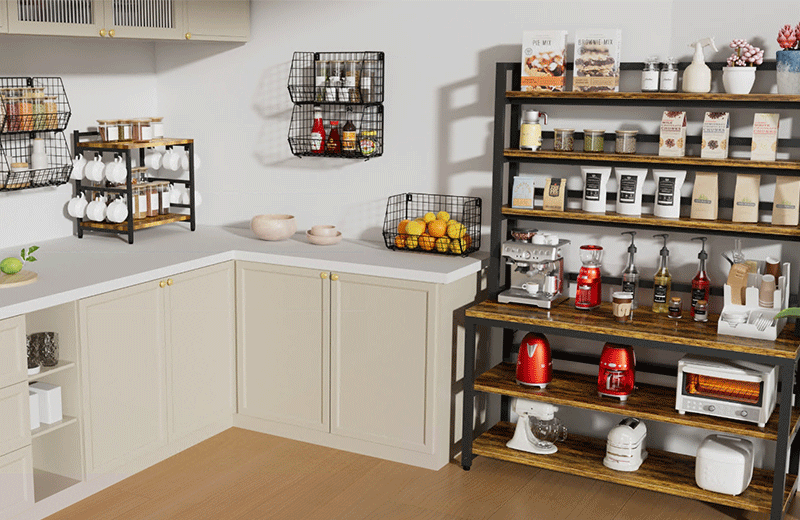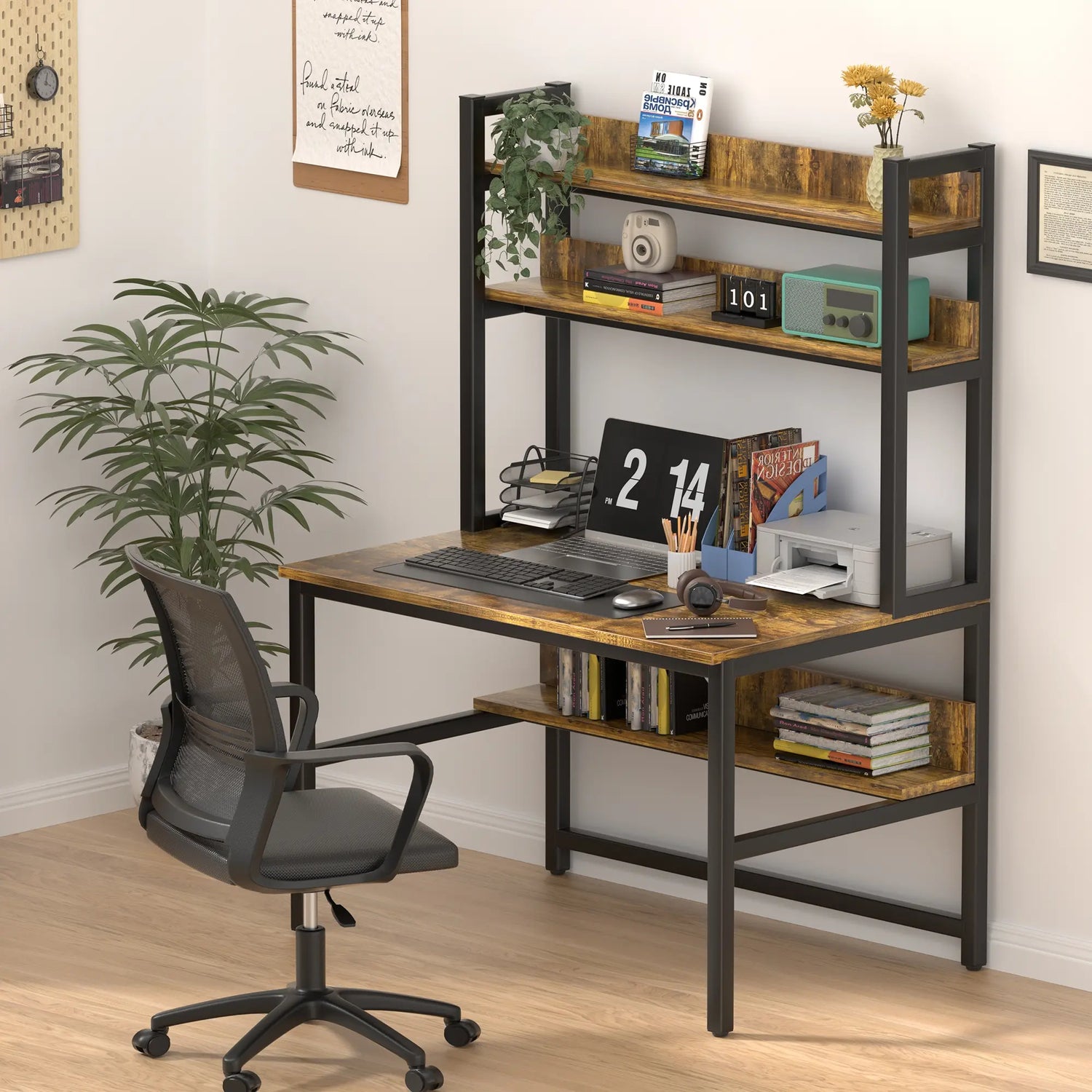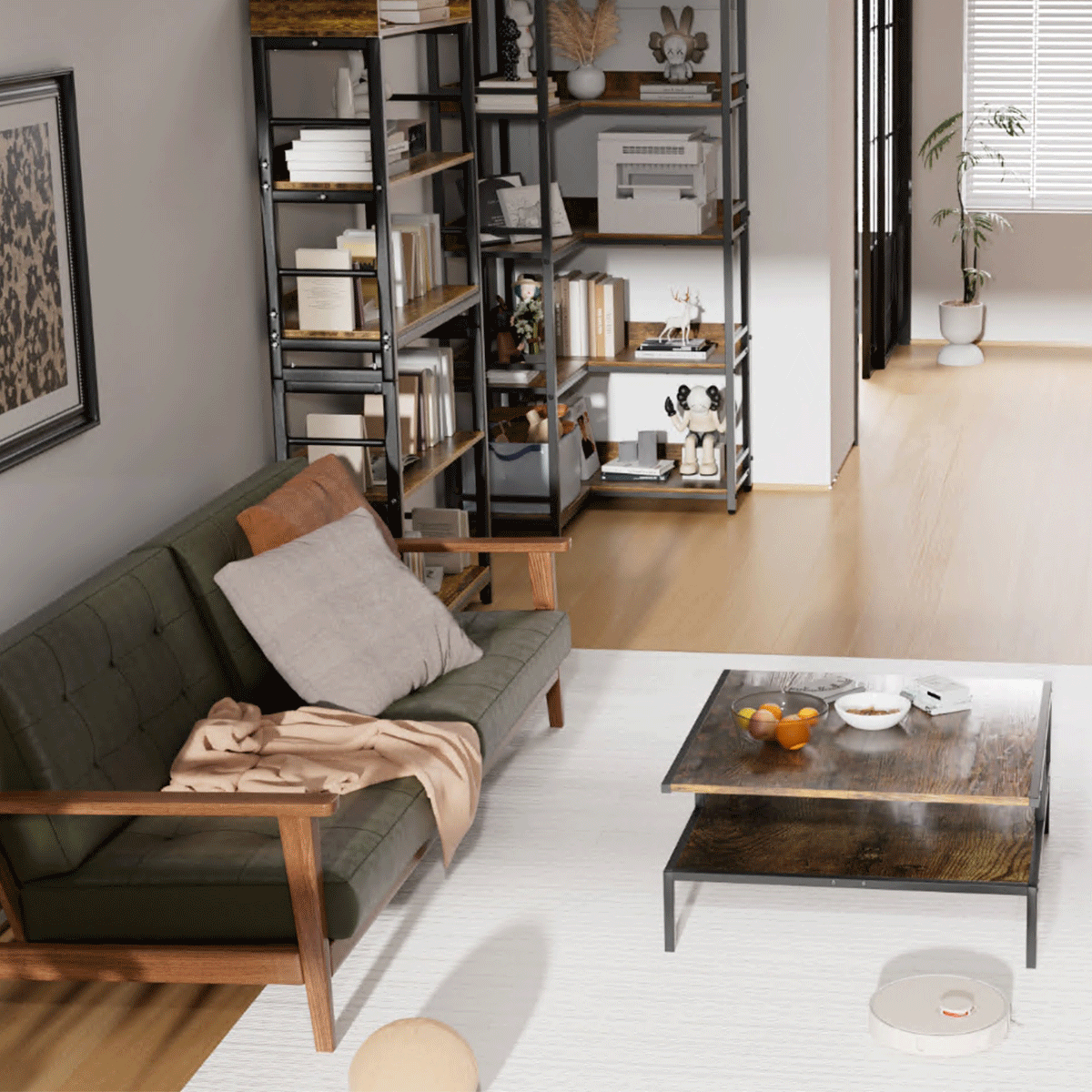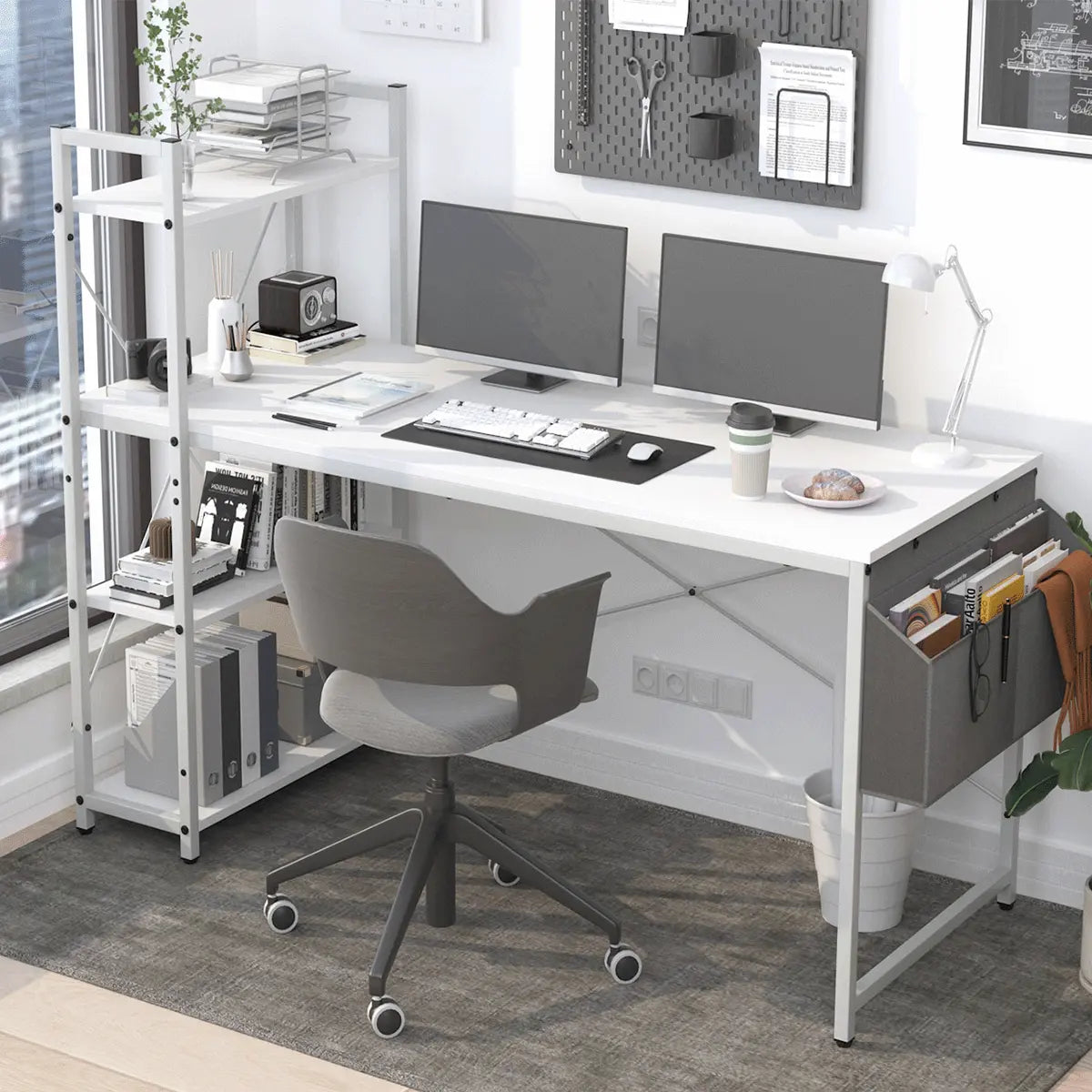Desks are essential pieces of furniture in many settings, whether it's an office, a home study, or a classroom. A good quality desk not only provides a functional workspace but also adds to the aesthetic of the room. When it comes to choosing a desk, one of the key considerations is the material it is made of. Different materials offer different advantages and disadvantages, so it's important to understand what makes a material suitable for a high-quality desk.
Wood is a classic material for desks and is often associated with durability and elegance. Solid wood desks, such as those made from oak, walnut, or mahogany, are highly regarded for their strength and beauty. Solid wood desks can withstand heavy use and are less likely to warp or crack over time. They also develop a rich patina with age, adding character to the piece. However, solid wood desks can be expensive, and they require regular maintenance to keep them looking their best. They should be protected from moisture and direct sunlight to prevent damage.
Another type of wood used in desk construction is engineered wood. This material is made by combining wood fibers and resins under high pressure. Engineered wood desks are often more affordable than solid wood desks while still offering good durability. They can be designed to mimic the look of solid wood, making them a popular choice for those who want the aesthetic of wood without the high price tag. However, engineered wood may not be as strong as solid wood and can be more susceptible to damage from moisture and heavy impacts.
Metal is another material commonly used for desks, especially in industrial or modern designs. Steel desks are known for their strength and stability. They can support heavy loads and are resistant to wear and tear. Metal desks are also easy to clean and maintain, making them a practical choice for busy environments. Additionally, metal desks can be powder-coated or finished in different colors to match any decor. However, metal desks can be cold and hard, and they may not be as comfortable to work at for long periods. Some people also find the look of metal desks too industrial for certain settings.
Glass is a material that can add a touch of sophistication to a desk. Glass desks are often made with tempered glass, which is strong and safe. They provide a sleek and modern look and can make a small space appear larger and more open. Glass desks are also easy to clean and maintain, and they can be paired with different materials such as metal or wood for a unique look. However, glass desks can be fragile and may crack or shatter if subjected to heavy impacts. They also require regular cleaning to keep them looking their best, as fingerprints and smudges can be easily visible on the glass surface.
Plastic is a material that is often used for inexpensive desks. Plastic desks are lightweight and easy to move around, making them a good choice for temporary or portable workspaces. They come in a variety of colors and designs, and they can be a fun and playful addition to a room. However, plastic desks are not as durable as other materials and may not be able to support heavy loads. They can also be easily scratched or damaged, and they may not hold up well over time.
In addition to these main materials, there are also desks made from a combination of materials. For example, a desk may have a metal frame with a wooden top or a glass top with metal accents. These combinations can offer the best of both worlds, combining the strength and stability of one material with the aesthetic appeal of another.
When choosing a desk made of a particular material, it's important to consider your specific needs and preferences. If you need a desk that will last for many years and can withstand heavy use, solid wood or metal may be the best choice. If you're looking for a modern and stylish desk on a budget, engineered wood or glass could be a good option. And if you need a portable or temporary workspace, a plastic desk may be suitable.
It's also important to consider the quality of the construction. A well-made desk will have sturdy joints, smooth finishes, and no visible defects. Look for desks that are made by reputable manufacturers and that come with warranties or guarantees.
In conclusion, there are many materials that can be used to make good quality desks. Each material has its own advantages and disadvantages, so it's important to choose the one that best suits your needs and preferences. Whether you opt for solid wood, engineered wood, metal, glass, plastic, or a combination of materials, make sure to consider the quality of the construction and the overall functionality of the desk. With the right choice, you can find a desk that not only meets your practical needs but also enhances the look of your workspace.

